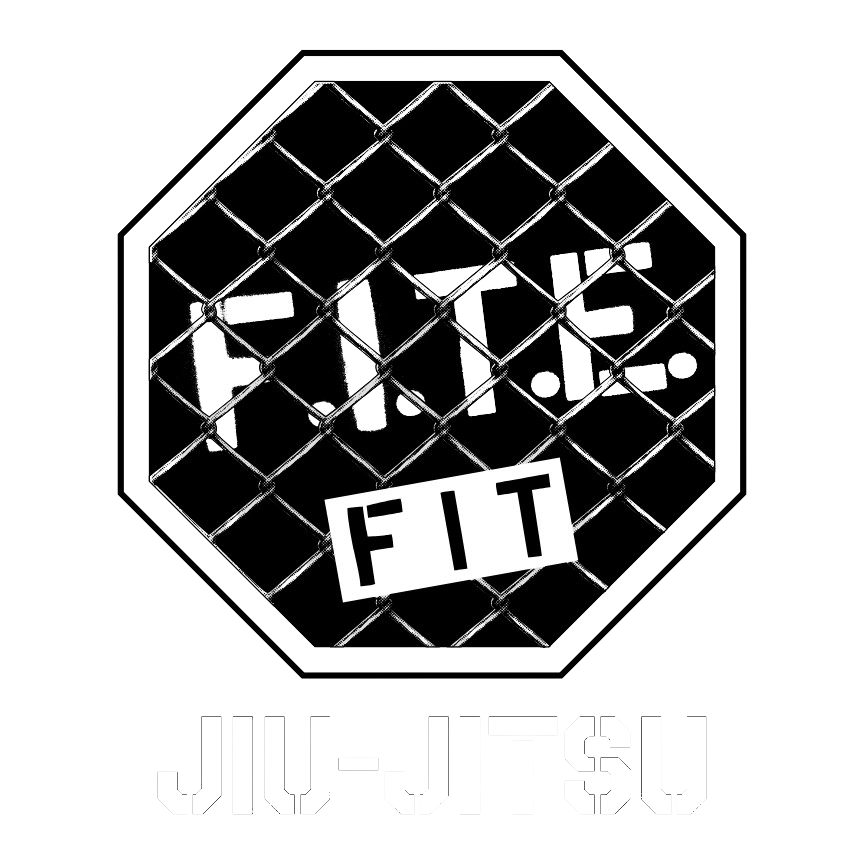Introduction
Brazilian Jiu-Jitsu (BJJ) is more than just a martial art; it’s a holistic approach to fitness and wellness. For those unfamiliar with BJJ, it’s a grappling-based martial art that focuses on ground fighting techniques, leveraging technique and positional advantage to subdue opponents via submission. As its popularity grows worldwide, so does the recognition of its numerous health benefits. From physical fitness to mental and emotional well-being, practicing BJJ can significantly reduce various health risks. Here’s how:
1. Cardiovascular Health
Engaging in Brazilian Jiu-Jitsu is an excellent way to improve cardiovascular fitness. A typical training session involves warm-ups, drills, sparring, and conditioning exercises that elevate the heart rate and keep it elevated. This type of aerobic exercise strengthens the heart, improves circulation, and helps regulate blood pressure. Regular training can reduce the risk of cardiovascular diseases like hypertension, heart attack, and stroke.
2. Weight Management and Metabolism
BJJ is a full-body workout that burns a significant amount of calories. The combination of intense drilling, sparring, and functional movements ensures that practitioners engage multiple muscle groups, leading to high energy expenditure. This calorie-burning effect aids in weight management and helps combat obesity, which is a major risk factor for numerous chronic conditions, including type 2 diabetes, heart disease, and certain cancers.
3. Improved Flexibility and Mobility
The movements and techniques in BJJ require a wide range of motion, promoting flexibility and joint mobility. Regular practice helps maintain and improve flexibility, reducing the risk of injuries and degenerative joint conditions. BJJ practitioners will learn to perform movements with efficiency and good mechanics which can translate to everyday life activities such as playing with your children or carrying groceries from the car to the house.
4. Strength and Muscle Endurance
While BJJ emphasizes technique over brute strength, it naturally develops functional strength. The grappling and resistance involved in BJJ build muscle endurance and strength, particularly in the core, back, and legs. This increase in muscle mass and tone not only contributes to a healthier metabolism but also supports bone health, reducing the risk of osteoporosis and related fractures.
5. Mental Health and Stress Relief
The benefits of BJJ extend beyond physical health; it also has profound effects on mental well-being. The focus and discipline required during training can be a powerful stress reliever. The physical exertion releases endorphins, often referred to as “feel-good” hormones, which can alleviate symptoms of anxiety and depression. Moreover, the camaraderie and supportive community in BJJ academies create a positive social environment, further enhancing mental health.
6. Self-Defense and Confidence
One of the core elements of BJJ is self-defense. Knowing how to protect oneself in potentially dangerous situations can provide a tremendous boost in self-confidence. This sense of empowerment can have a positive impact on mental health, reducing feelings of vulnerability and increasing self-esteem.
7. Improved Sleep Quality
Regular physical activity, like BJJ, is known to improve sleep quality. The physical exertion helps regulate sleep patterns, making it easier to fall asleep and stay asleep. Good sleep is crucial for overall health, aiding in recovery, cognitive function, and mood regulation.
8. Cognitive Benefits
BJJ is often referred to as a “physical chess game” because of its strategic nature. Practitioners must constantly think several steps ahead, anticipate opponents’ moves, and adapt quickly. This mental engagement can improve cognitive functions such as problem-solving, memory, and focus. Staying mentally active is crucial for brain health and can reduce the risk of cognitive decline as we age.
Conclusion
Brazilian Jiu-Jitsu offers a comprehensive approach to improving both physical and mental health. From enhancing cardiovascular fitness and muscular strength to reducing stress and boosting confidence, BJJ addresses various aspects of well-being. By lowering the risks of numerous health issues, it stands out as a powerful tool for a healthier lifestyle. Whether you’re looking to get in shape, learn self-defense, or simply improve your overall health, BJJ provides a dynamic and rewarding path to achieving these goals. So, why not step onto the mats and experience the benefits for yourself?



